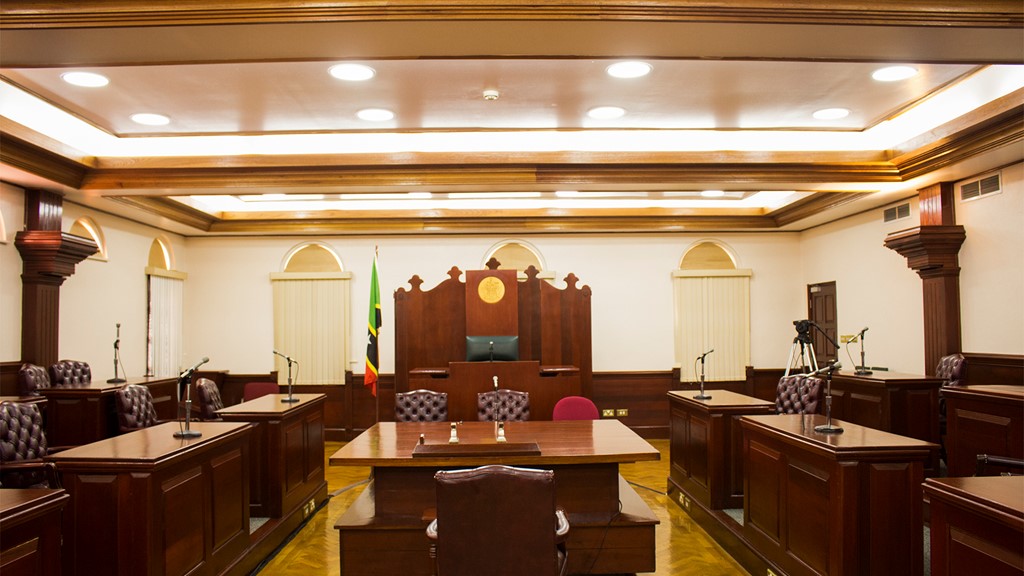National Assembly to Conduct First Reading of Four Bills, Second Reading of One Bill on July 10, 2025
Paragraph 1: Setting the Stage for Legislative Action
The National Assembly of Saint Kitts and Nevis is scheduled to convene on Thursday, July 10, 2025, at 10:00 a.m. at the National Assembly Chambers in Basseterre. This session promises significant legislative activity, with four bills slated for their first reading and one bill progressing to its second reading. The government has emphasized its dedication to good governance, transparency, accountability, and the rule of law, and this legislative agenda appears to reflect these principles. The session will be broadcast live, providing public access to the proceedings and ensuring transparency.
Paragraph 2: Introducing the Housing and Development Levy (Amendment) Bill, 2025
The Honorable Minister responsible for Public Infrastructure, Energy and Utilities, Domestic Transport, Information, Community and Technology, and Posts will introduce the Housing and Development Levy (Amendment) Bill, 2025, for its first reading. This bill likely addresses revisions to the existing levy structure, which could impact housing development and infrastructure projects within the nation. The specifics of these amendments will be revealed during subsequent readings and debates, providing an opportunity for public discourse and scrutiny. The timing of this amendment suggests its potential importance in addressing housing needs and development goals.
Paragraph 3: Introducing the Larceny (Amendment) Bill, 2025
The same minister will also introduce the Larceny (Amendment) Bill, 2025, for its first reading. This bill likely pertains to updates and modifications to existing laws concerning theft and related offenses. The government’s focus on the rule of law suggests that this amendment aims to strengthen legal frameworks and enhance the justice system’s effectiveness in addressing larceny. The details of the proposed amendments will be subject to further parliamentary debate and discussion.
Paragraph 4: Introducing the Judge Alone Trials (Amendment) Bill, 2025
The Honorable Attorney-General and Minister responsible for Justice and Legal Affairs, Garth Wilkin, will introduce the Judge Alone Trials (Amendment) Bill, 2025, for its first reading. This bill pertains to the conduct of trials where a single judge, rather than a jury, adjudges the case. Amendments to this procedure may affect the efficiency and accessibility of the justice system, impacting the timeliness of trials and the allocation of judicial resources. Further details will emerge as the bill progresses through the legislative process.
Paragraph 5: Introducing the Industrial Designs Bill, 2025
Attorney General Wilkin will also introduce the Industrial Designs Bill, 2025, for its first reading. This bill likely addresses the legal protection of industrial designs, which are crucial for innovation and economic development. The bill may establish a system for registering and protecting designs, deterring infringements, and promoting creativity within the industrial sector. The specifics of this bill will become clearer during subsequent readings.
Paragraph 6: Second Reading of the Housing and Development Levy (Amendment) Bill, 2025 and Public Access to Proceedings
Following the introduction of the new bills, the National Assembly will proceed to the second reading of the Housing and Development Levy (Amendment) Bill, 2025. This stage allows for more detailed discussion and debate on the proposed amendments, providing an opportunity for members of parliament to raise questions, offer amendments, and scrutinize the bill’s implications. The public can access the proceedings through various media platforms, including ZIZ Radio (96 FM), participating radio stations, TV Channel 5 (St. Kitts), Channel 98 (Nevis), and online streaming at www.zizonline.com. Copies of the bills will be available on the St. Kitts and Nevis Information Service website (www.sknis.gov.kn) and their Facebook page, further facilitating transparency and public engagement in the legislative process. This open access to information ensures that citizens can stay informed and contribute to the democratic process.
Share this content:












Post Comment